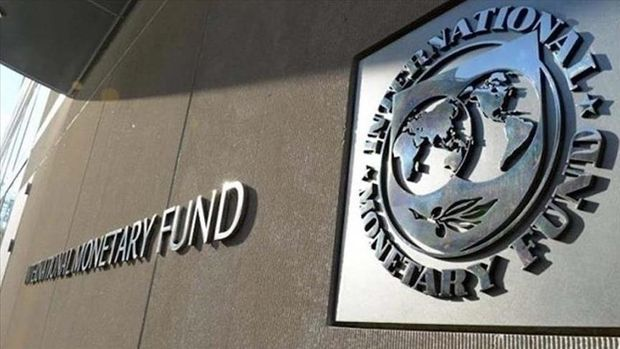IMF: Private sector should allocate more financing for climate investments
The International Monetary Fund (IMF) has noted that in emerging markets and developing economies, the private sector will need to play a key role in financing investments to mitigate the impacts of climate change, given the limited fiscal space amid challenging market conditions. The International Monetary Fund (IMF) has published the analytical section of its Global Financial Stability Report titled “Financial Policies for Unlocking Private Climate Finance in Emerging Markets and Developing Economies.” The report noted that in order to achieve net-zero emissions by 2050, global climate investments will need to reach approximately USD 5 trillion per year by 2030, while in emerging markets and developing economies, the need for investment in climate change mitigation is projected to rise to USD 2 trillion over the same period. The report, which indicated that, given the limited fiscal space in emerging markets and developing economies, the private sector will need to play a key role in financing investments to mitigate the effects of climate change, noted that most of the investment needs in these countries should be met by the private sector, and that the increase in public investment is expected to be limited. The report estimated that the private sector will need to provide approximately 80 percent of climate investments in emerging markets and developing economies by 2030. Emphasizing that a broad policy mix is needed in order to create an attractive environment for private capital in emerging markets and developing economies, the report noted that carbon pricing can be extremely effective in shifting capital flows to low-carbon investments, but that policy makers should complement this with additional policies. “Carbon pricing should be an integral part of the policy mix” In addition, the IMF published the first chapter of its Fiscal Monitoring Report titled “Climate Turning Point: Fiscal Policies in a Warming World.” The report stressed that relying mostly on spending-based measures to achieve net-zero emissions targets will become increasingly costly, warning that this would increase the public debt-to-GDP ratio to 45-50 percent for a high-emission country and could lead to an unsustainable debt trend. The report noted that limited climate action would expose the world to the negative consequences of global warming. The report emphasized that carbon pricing could be implemented to reduce emissions while also providing revenue to ease the debt burden, and that carbon pricing should be an integral part of the policy mix.


